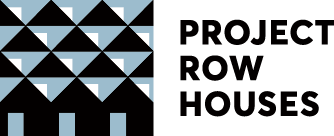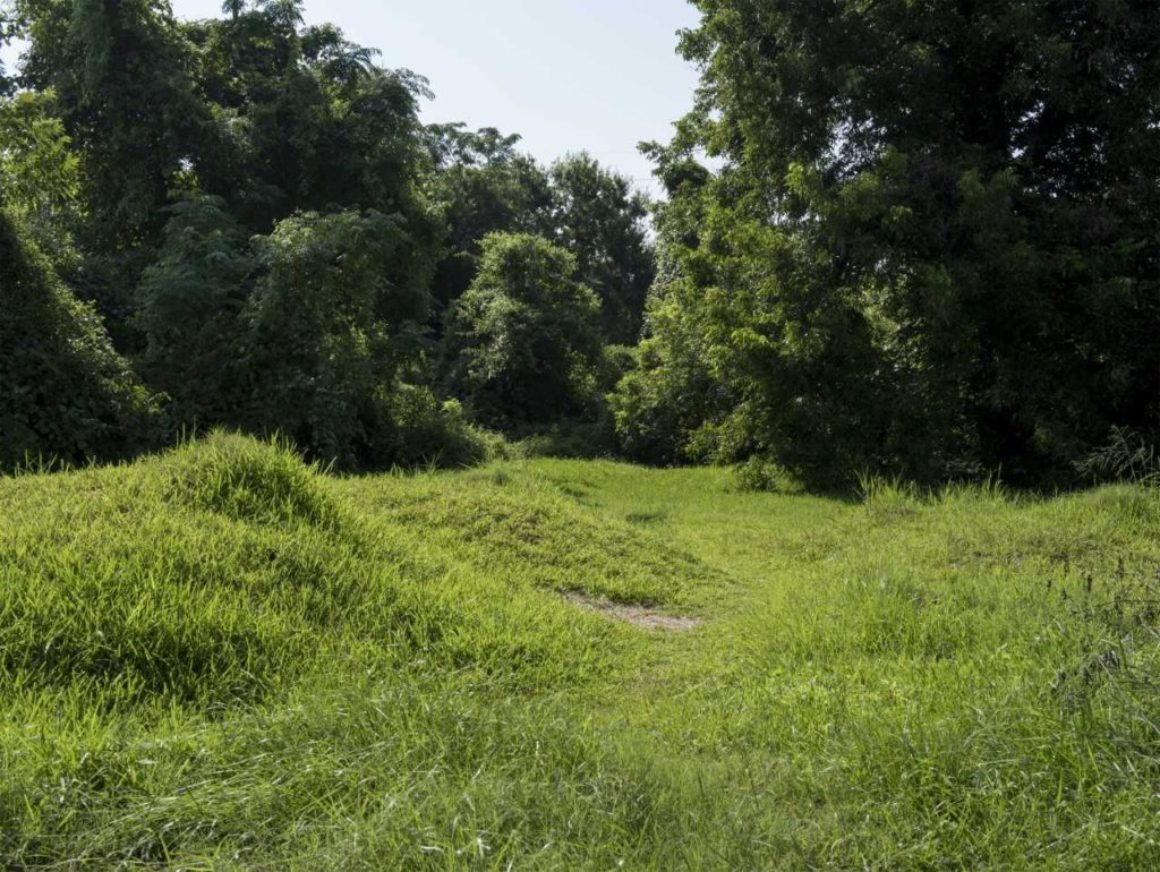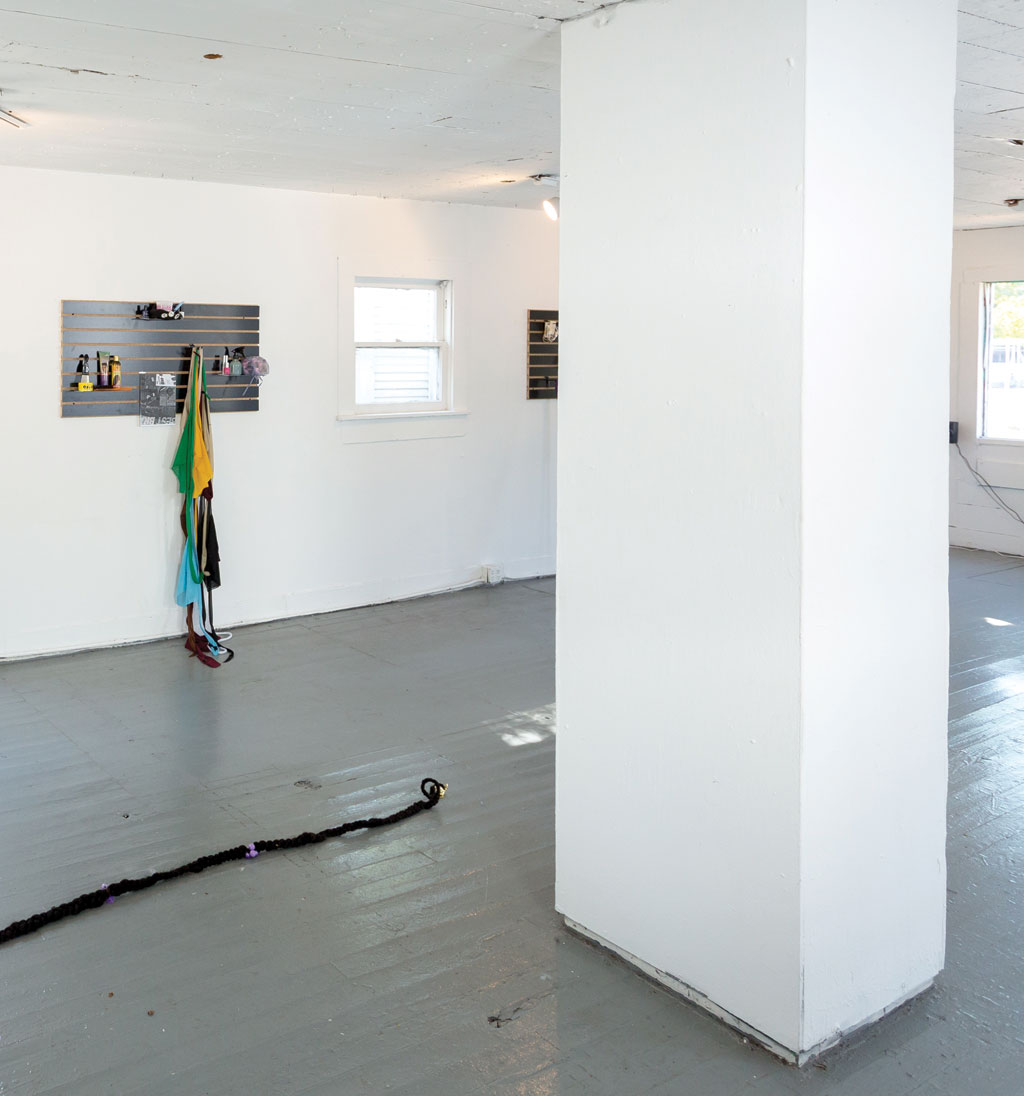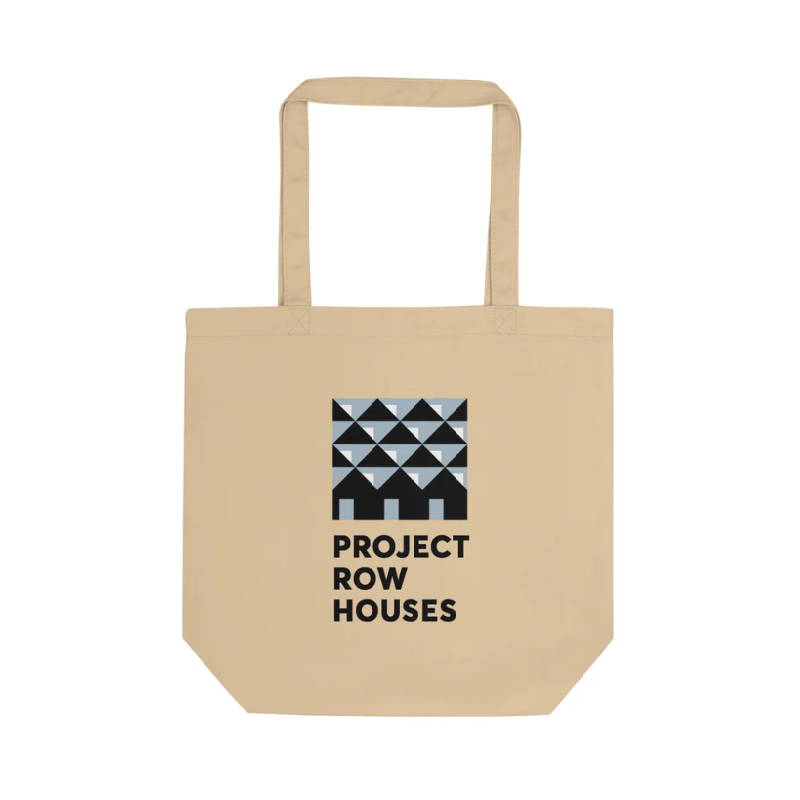Center for Art and Social Engagement and Project Row Houses have created a fellowship program that invites artists and cultural practitioners to the Third Ward to work alongside urban planners, educators and policy makers. The fellows will engage in creative collaborations that involve the Houston’s historic Third Ward community and address issues important to them.
The two fellows have a year-long mentorship with project administrators Sixto Wagan, director of the UH Center for Art and Social Engagement at the University of Houston’s Kathrine G. McGovern College of the Arts, and Ryan N. Dennis, PRH’s Curator and Programs Director. Local artists, faculty members, community members and selected leaders will offer their support during this process. The Fellows will present to the public their research–to-date at the end of their fellowship.
Below are the culminating lectures from our 2018 KGMCA-PRH Fellows, Regina Agu and Eyakem Gulilat.
Regina Agu
Regina Agu’s work, titled “A Psychogeography of Emancipation Park,” is a multimedia performative lecture that draws from archival and original photographs, text, moving image, and sound. Throughout her fellowship, Agu investigated the history of mass congregation and activism in public green spaces and parks in Houston, with a particular emphasis on Emancipation Park. Her year centered on developing an understanding of the opportunities and challenges of establishing and maintaining safe, healthy, public spaces for residents of color across the city and researching a feminist history of Emancipation Park and Third Ward.
Eyakem Gulilat
Eyakem Gulilat’s work, titled “Black Place-Making and Informality,” explores Black place-making practice and uses photography as a tool for documentation as well as an interactive exchange. Throughout his fellowship, Gulilat’s research centered on these questions: How do the narratives contained in Third Ward create a sense of place, and what type of stories do these places tell us about Third Ward and the African American community? His talk and accompanying exhibition explore the ideas of informal urbanism and landscape as metaphor.



